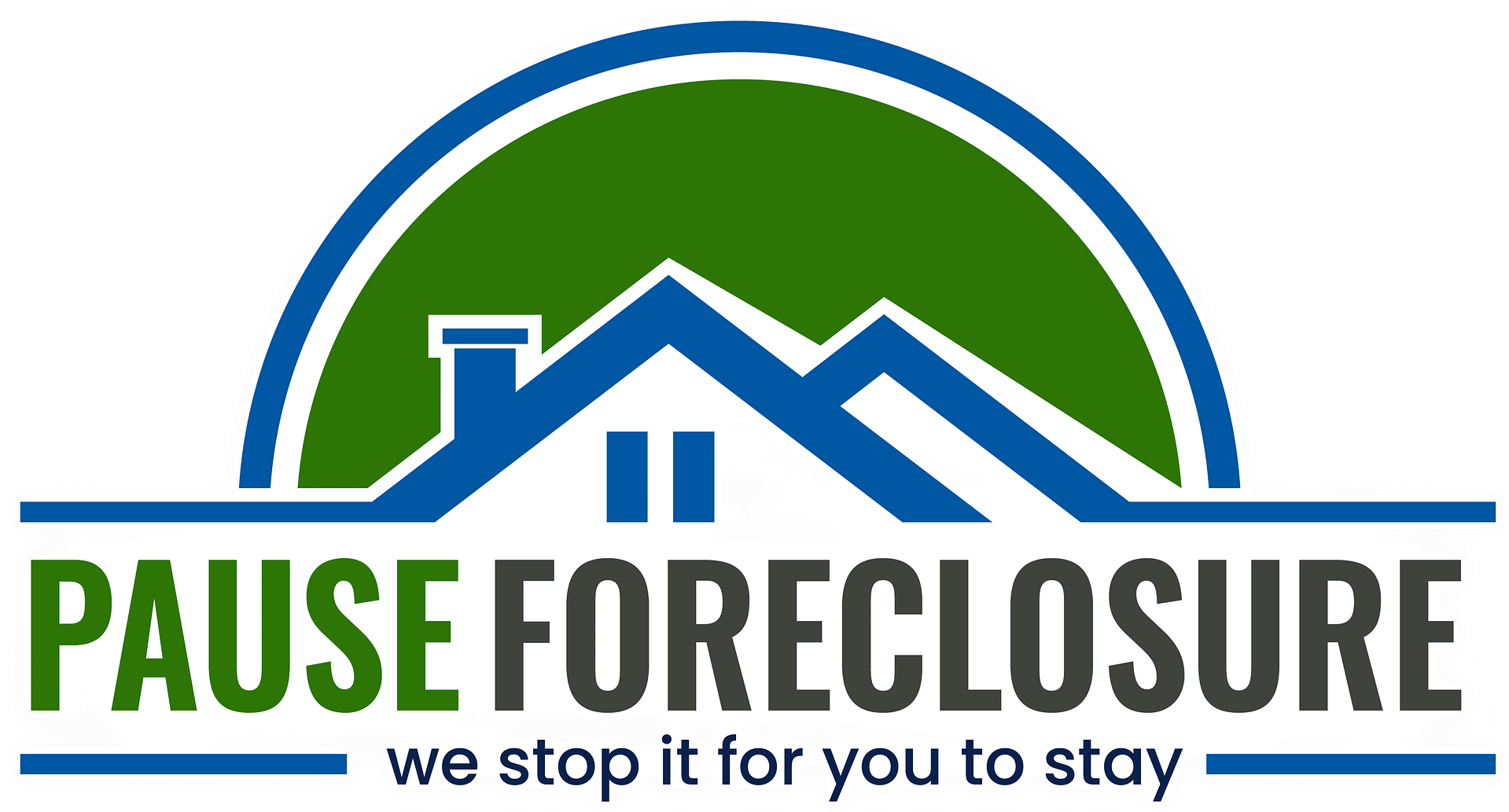Introduction:
Facing the threat of home foreclosure can be a daunting and stressful experience for any homeowner. However, it’s essential to understand that you have options to halt the foreclosure process and protect your home. In this blog post, we’ll explore five effective strategies to stop home foreclosure and provide guidance on how to navigate this challenging situation.
- Contact Your Lender Immediately:
The moment you realize you may have trouble making your mortgage payments, it’s crucial to reach out to your lender without delay. Many lenders offer assistance programs for homeowners facing financial difficulties, such as loan modification, forbearance, or repayment plans. By initiating communication early, you demonstrate your willingness to address the issue and increase the likelihood of finding a viable solution. - Seek Legal Counsel:
Navigating the complexities of foreclosure proceedings can be overwhelming, especially if you’re unfamiliar with the legal aspects involved. Seeking assistance from a qualified attorney who specializes in foreclosure defense can provide valuable guidance and representation throughout the process. An experienced attorney can assess your situation, explore legal options, and advocate on your behalf to negotiate with your lender or challenge foreclosure actions if necessary. - Explore Government Assistance Programs:
Various government assistance programs are available to help homeowners facing foreclosure, depending on your circumstances and eligibility. For example, the Home Affordable Modification Program (HAMP) offers loan modification options to reduce monthly mortgage payments and prevent foreclosure for qualified borrowers. Additionally, the U.S. Department of Housing and Urban Development (HUD) provides counseling services and foreclosure avoidance programs through approved housing counseling agencies. Researching and applying for these programs can offer potential solutions to halt foreclosure and preserve your homeownership. - Consider Selling Your Home:
In some cases, selling your home may be a practical option to avoid foreclosure and minimize financial losses. If you have equity in your property, selling it through a traditional sale or a short sale (selling for less than the outstanding mortgage balance) can help satisfy the debt and prevent foreclosure proceedings. Collaborating with a real estate agent experienced in distressed properties can facilitate the sale process and maximize the value of your home to cover outstanding debts. - Stay Informed and Take Action:
Staying informed about your rights as a homeowner and the foreclosure process in your state is crucial to effectively address the situation. Keep track of important deadlines, documents, and communications from your lender or legal counsel. Respond promptly to any notices or inquiries regarding your mortgage payments or foreclosure proceedings. By staying proactive and taking decisive action, you can increase your chances of stopping foreclosure and protecting your home.
Conclusion:
Facing the prospect of home foreclosure can be overwhelming, but it’s essential to remain proactive and explore all available options to stop the process and protect your property. By initiating early communication with your lender, seeking legal counsel, exploring government assistance programs, considering selling your home, and staying informed and proactive throughout the process, you can take effective steps to halt foreclosure and secure your homeownership. Remember, you’re not alone, and there are resources and professionals available to help you navigate this challenging situation and safeguard your home.

